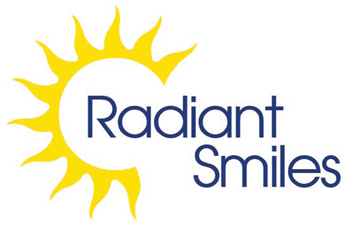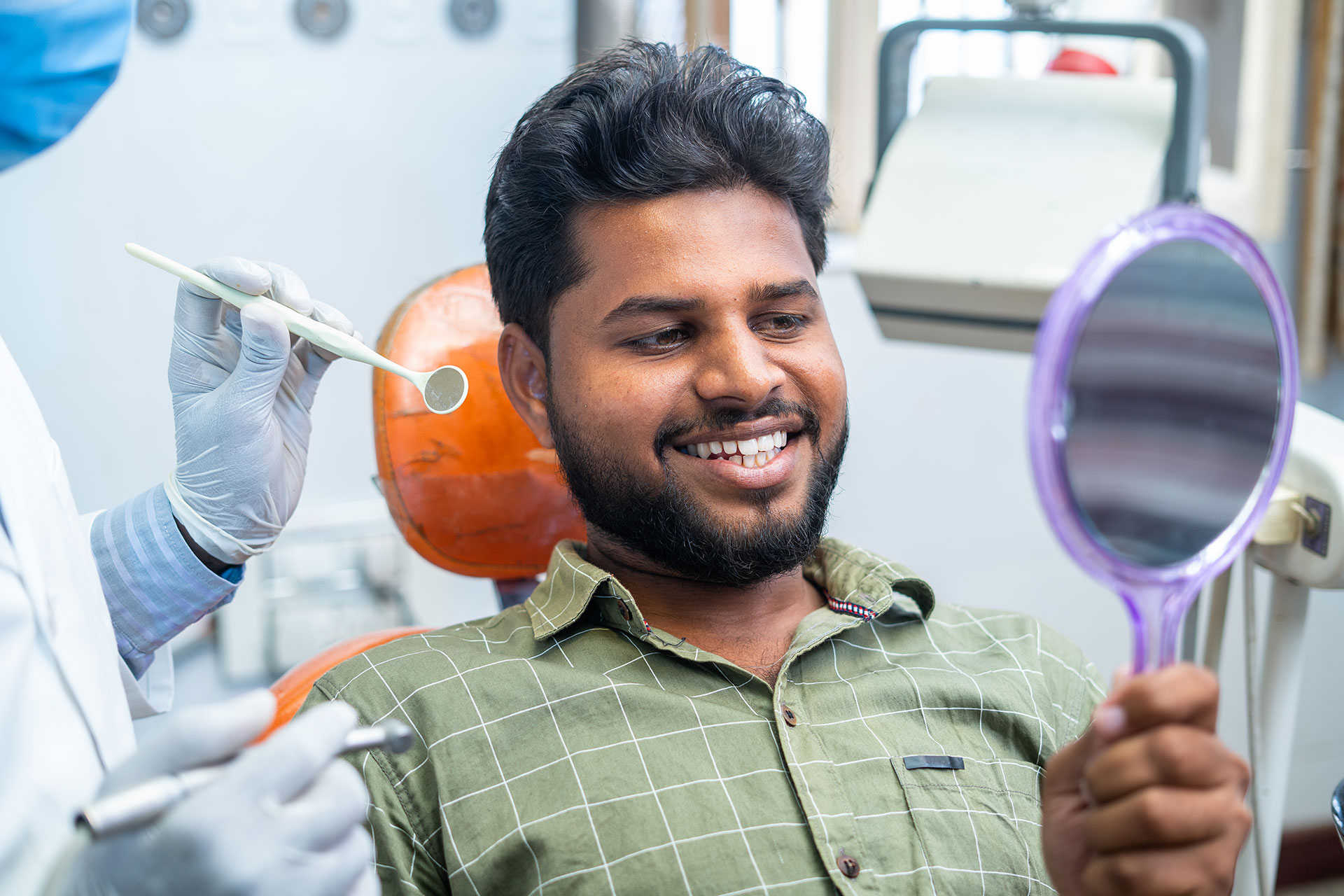Signs & Symptoms of Periodontal Disease
Periodontal disease (also known as periodontitis and gum disease) is a progressive condition and the leading cause of tooth loss amongst adults in the developed world. Periodontal disease occurs when the toxins found in plaque begin to irritate or inflame the gingiva (gum tissue). The resulting bacterial infection often known as gingivitis, can eventually lead to the destruction of the gum tissue and underlying bone. If periodontal disease is not treated, it can also lead to loose teeth or tooth loss.
There are many common types of periodontal disease including aggressive, chronic, necrotizing periodontitis, and periodontitis associated with systemic diseases. Each of these types of periodontal disease has its own distinct characteristics and symptoms, and all require prompt treatment by a dentist to halt subsequent bone and tissue loss.
Common Signs & Symptoms
It is extremely important to note that periodontal disease can progress without any signs or symptoms such as pain. This is why regular dental checkups are exceptionally important. Described below are some of the most common signs and symptoms of periodontitis.
If you have any of these signs or symptoms, the advice of a general dentist or periodontist should be sought as soon as possible:
-
Unexplained bleeding – Bleeding when brushing, flossing or eating food is one of the most common symptoms of a periodontal infection. The toxins in plaque cause a bacterial infection which makes the tissues prone to bleeding.
-
Pain, redness or swelling – A periodontal infection may be present if the gums are swollen, red or painful for no apparent reason. It is essential to halt the progression of the infection before the gum tissue and jaw bone have been affected. It is also critical to treat the infection before it is carried into the bloodstream to other areas of the body.
-
Longer-looking teeth – Periodontal disease can lead to gum recession. The toxins produced by bacteria can destroy the supporting tissue and bones, thus making the teeth look longer and the smile appear more “toothy.”
-
Bad breath/halitosis – Although breath odor can originate from back of the tongue, the lungs and stomach, from the food we consume, or from tobacco use, bad breath may be caused by old food particles which sit between the teeth and underneath the gumline. The deeper gum pockets are able to house more debris and bacteria, causing a foul odor.
-
Loose teeth/change in bite pattern – A sign of rapidly progressing periodontitis is the loosening or shifting of the teeth in the affected area. As the bone tissue gets destroyed, teeth that were once firmly attached to the jawbone become loose or may shift in position.
-
Pus – Pus oozing from between the teeth is a definitive sign that a periodontal infection is in progress. The pus is a result of the body trying to fight the bacterial infection.
Treatment of Periodontal Disease
It is of paramount importance to halt the progression of periodontal disease before it causes further damage to the gum tissues and jawbone. The dentist will initially assess the whole mouth in order to ascertain the progress of the disease. When a diagnosis has been made, the dentist may treat the bacterial infection with antibiotics in conjunction with nonsurgical or surgical treatment or both.
In the case of moderate periodontal disease, the pockets (under the gumline) of the teeth will be completely cleared of debris using a procedure called scaling and root planing. The pockets may be filled with antibiotics to promote good healing and kill any bacteria that remain.
Severe periodontitis can be treated in several different ways, such as:
-
Laser treatment – This can be used to reduce the size of the pockets between the teeth and the gums.
-
Tissue & bone grafting – Where a considerable amount of bone or gum tissue has been destroyed, the dentist may elect to graft new tissue by inserting a membrane to stimulate tissue growth.
-
Pocket elimination surgery – The dentist may choose to perform “flap surgery” to directly reduce the size of the gum pockets.
If you have any further questions about the signs and symptoms of periodontal disease, please ask your dentist.


